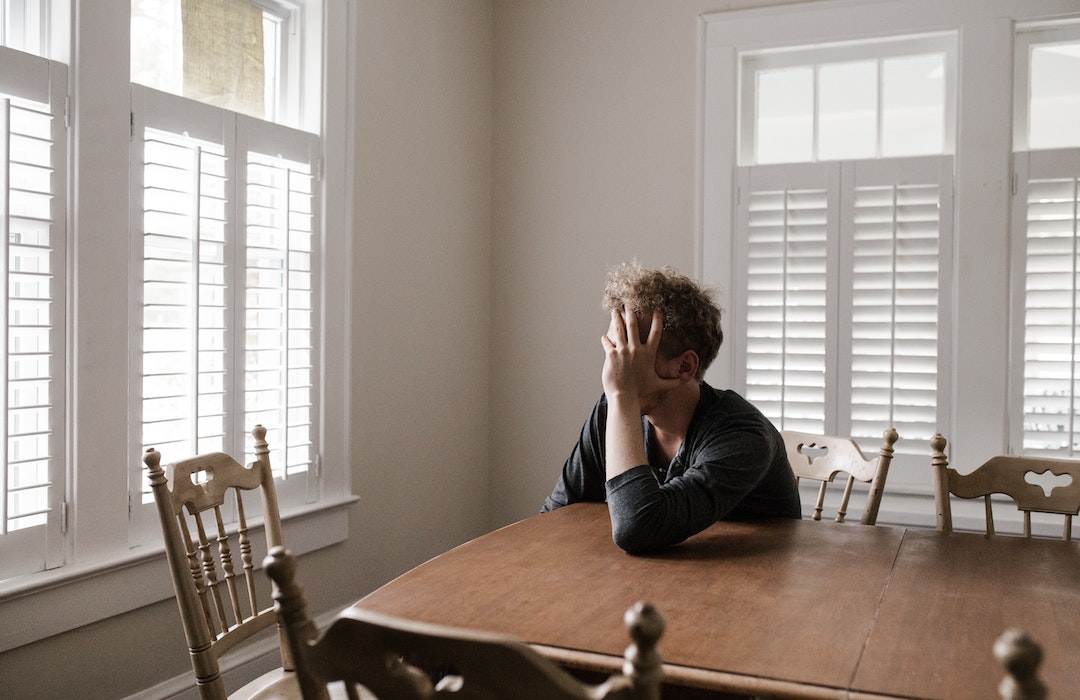It’s no secret that we live in a world that’s full of stress and anxiety. From work to family to finances, there’s always something to worry about. And while a certain amount of stress is normal and even necessary, too much of it can be overwhelming and lead to anxiety. If you’re struggling with stress and anxiety, you’re not alone.
Millions of people around the world deal with these issues on a daily basis. But there is hope. There are things you can do to reduce your stress and anxiety levels. In this blog post, we’ll explore some of those things and offer some tips on how you can avoid stress and anxiety in your own life. (Also Read: How to Build Self-Confidence)
What are stress and anxiety?
Stress occurs when we feel like we are under threat or pressure. The body’s natural reaction is to release hormones like adrenaline and cortisol, which prepare us for fight or flight. This can lead to physical symptoms like a racing heart, sweating, and dizziness. In some cases, it can also lead to mental symptoms like difficulty concentrating or feeling irritable.
Anxiety, on the other hand, is characterized by feelings of worry or dread about an upcoming event. It is often accompanied by physical symptoms like increased heart rate and sweating, but these are not always present. Anxiety can be crippling, making it hard to concentrate or even leave the house.
Both stress and anxiety can have a significant impact on our lives. If you’re struggling with either one, it’s important to seek help from a professional who can provide guidance and support.
What are the different types of stress and anxiety?
1. Acute stress: This is the kind of stress that we feel when we are facing a deadline or dealing with a difficult situation. It can be quite intense, but it usually goes away once the situation has passed.
2. Chronic stress: this is the kind of stress that can last for months or even years, and it can have a serious impact on our health. It can be caused by things like job insecurity, financial problems, or relationship difficulties.
3. Anxiety: This is a type of mental health disorder that can cause feelings of fear, worry, and tension. It can be triggered by things like exams, public speaking, or flying.
4. Stress management: This is a way to help reduce the amount of stress in our lives by making lifestyle changes and using techniques like relaxation and exercise.
What causes stress and anxiety?
1. Money problems: This is one of the most common causes of stress. People worry about not having enough money to pay their bills or take care of their families. They may also worry about losing their jobs or not being able to find a good job.
2. Family problems: Many people have stress and anxiety because of family problems. These can include divorce, death, illness, or just everyday disagreements.
3. Health problems: Another common cause of stress is health problems. People may worry about getting sick, having a chronic illness, or dying.
4. Relationship problems: Stress and anxiety can also be caused by relationship problems. This can include arguments with friends or family, breakups, or divorce.
5. Work-related stress: Many people have stress and anxiety because of their jobs. They may be worried about getting fired, meeting deadlines, or dealing with difficult co-workers.
What effects can stress and anxiety cause?
While we can’t always avoid stress and anxiety, there are things we can do to minimize their impact on our lives. Here are some tips:
1. Identify the sources of your stress and anxiety. Is it working? Family? Finances? Once you know what’s causing your stress and anxiety, you can start to make a plan to address it.
2. Make time for yourself every day. Take a few minutes each day to do something you enjoy, such as reading, listening to music, or spending time in nature.
3. Exercise regularly. Exercise is a great way to reduce stress and improve your overall health.
4. Eat healthy and get enough sleep. Eating right and getting enough rest will help your body cope with stress better.
5. Connect with others. Spending time with family and friends can make you feel happier and less stressed.
How to manage stress and anxiety?
1. Identify your triggers. What causes you to feel stressed or anxious? Once you know what your triggers are, you can work on avoiding them or managing them better.
2. Develop a healthy lifestyle. Eating healthy, exercising regularly, and getting enough sleep are all important for managing stress and anxiety.
3. Practice relaxation techniques. Deep breathing, meditation, and yoga are all great ways to relax and reduce stress levels.
4. Seek professional help if needed. If your stress and anxiety are really bad or getting in the way of your life, it may be time to talk to a therapist or counselor. (Also Read: 6 Best ways to improve your life)












